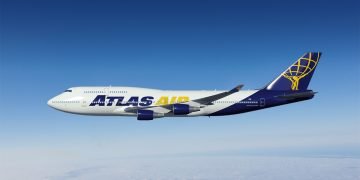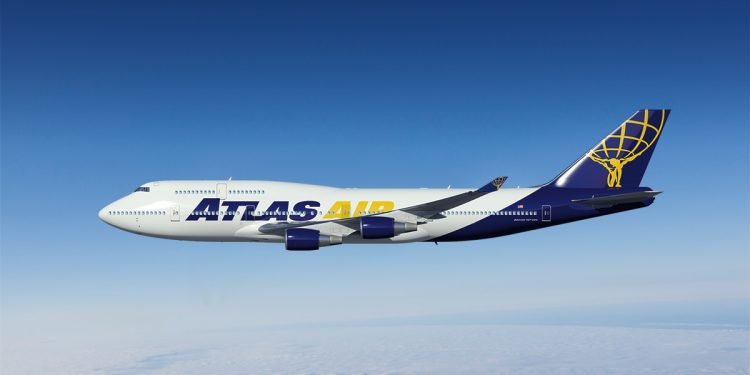The landscape of air cargo is shifting as Atlas Air, a major cargo airline and lessor based in New York, announces a strategic shift in its partnership with retail giant Amazon [1]. In a move that surprised some industry analysts, Atlas plans to phase out its domestic Boeing 737 and 767 operations, focusing instead on larger, widebody freighter aircraft.
This decision comes as Atlas reworks its agreement with Amazon. Previously, Atlas operated a fleet of smaller, domestic Boeing jets to deliver Amazon packages within the United States. However, the new partnership focuses on international cargo movements, leveraging Atlas’ expertise in operating long-haul freighter aircraft.
The rise of e-commerce has fueled a boom in air cargo demand, particularly for international shipments. Widebody freighters, with their larger capacity and longer range, are ideally suited to handle these long-distance hauls. By transitioning to a widebody-centric fleet, Atlas is strategically positioning itself to capitalize on this growing market segment.
Analysts Offer Mixed Reactions
Industry experts have expressed mixed reactions to Atlas’ decision. Some see it as a bold move that positions the company for future growth in the e-commerce sector. Others raise concerns about the immediate impact on domestic air cargo capacity, particularly for smaller airports that rely on the Boeing 737 and 767 for cargo movements.
The Future of the Partnership
The exact details of the revamped partnership between Atlas and Amazon remain undisclosed. However, it’s clear that the focus has shifted towards international air cargo. This could involve Atlas operating dedicated freighter flights for Amazon on specific routes, or potentially managing a portion of Amazon’s growing air cargo network.
What it Means for the Air Cargo Industry
Atlas’ decision reflects a broader trend in the air cargo industry. As e-commerce continues to expand, demand for long-haul freighter capacity is expected to rise. This could lead to increased competition among airlines to secure these lucrative contracts. Additionally, smaller airports that rely on domestic cargo flights may need to adapt to a changing landscape.
Looking Ahead
The strategic shift by Atlas Air underscores the evolving nature of the air cargo industry. By focusing on widebody freighters, Atlas aims to capitalize on the growth of e-commerce and solidify its position as a key player in the global air cargo market. The success of this strategy will depend on its execution and Amazon’s long-term plans for its air cargo network.























